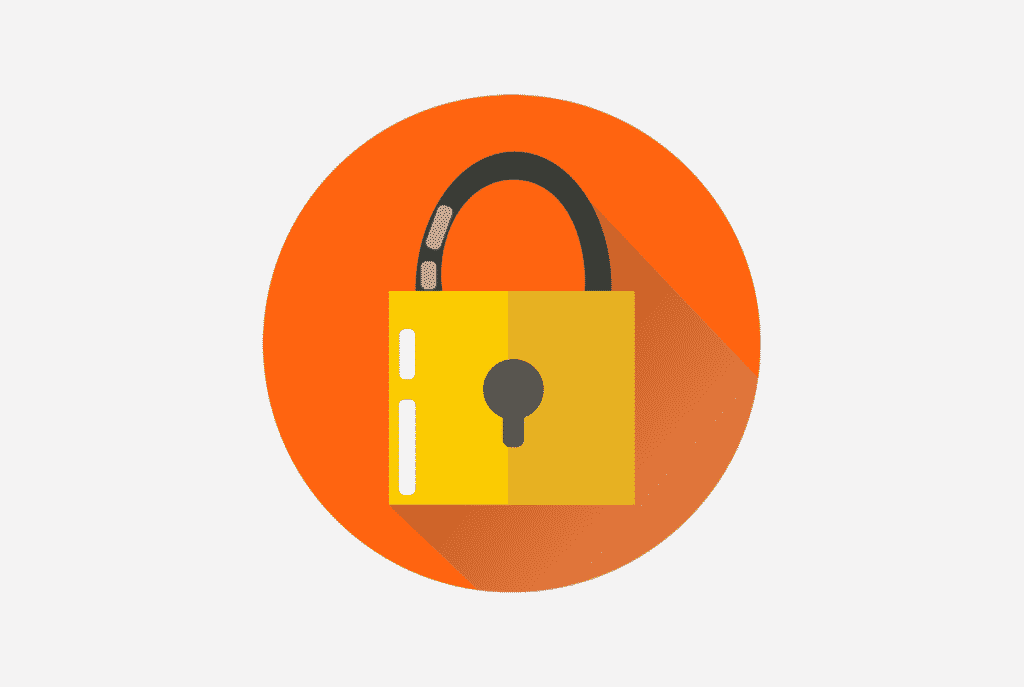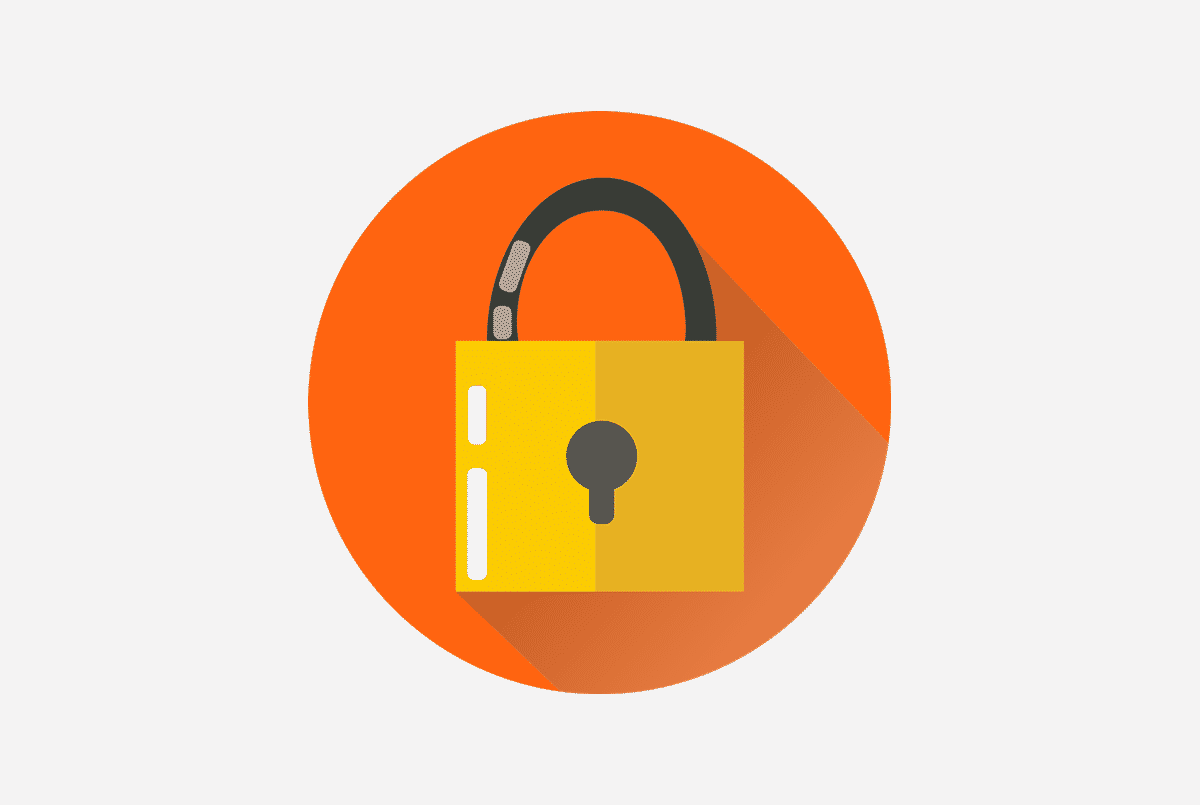In today’s business landscape, having an online presence is no longer optional, especially given the impact of the Covid-19 pandemic and the subsequent lockdowns. Businesses that fail to establish an online presence risk being left behind. However, simply having a website is not enough; maintaining its security from the outset is crucial. This requires partnering with trustworthy web developers and utilizing the best security systems. In this article, we will explore the most effective methods to secure your website’s operating environment.

Vetting Potential Employees
Given the critical role your website plays in your business operations, it is vital to exercise caution when granting individuals access to its backend, particularly if they will be handling sensitive information. This is especially important when hiring web developers. Imagine the potential consequences of employing someone with a history of financial crimes like identity theft, fraud, or embezzlement. Such an individual could exploit their knowledge of your website’s vulnerabilities to steal data, divert funds, or even hold your website hostage.
Before bringing a web developer on board, consider requiring a thorough background check, such as a police check, and make this a standard part of your company’s hiring process.
Implementing SSL Encryption
Secure Sockets Layers (SSL) is a security protocol that encrypts communication between your web server and the user’s browser, safeguarding any data transmitted during a session. The process is straightforward: when a customer enters their information, it is encrypted before being sent to your server. This encrypted connection is visually represented by an SSL certificate, provided by a trusted third party, assuring your customers that their sensitive data is safe when interacting with your website.
Enforcing Strong Password Policies
Weak passwords are a common vulnerability that can compromise your website’s security. While it’s understandable that people prefer easy-to-remember passwords, simple combinations can be easily guessed. If an administrator’s password is compromised, it can grant unauthorized access to your website, potentially leading to data breaches or manipulation of your website’s content. To mitigate this risk, implement a strict password policy that mandates complex combinations of characters. Failure to do so could result in significant financial losses to secure your website’s operations.
Prioritizing Software Updates
Software vulnerabilities are an ongoing concern, and the most effective way to protect your website is to ensure all software is kept up-to-date. When vulnerabilities are discovered, software producers will release updates and patches to address them. Ignoring these updates leaves your website vulnerable to attacks, as hackers often target websites with outdated software. Regularly backing up your website is also crucial.
Choosing a Reliable Web Hosting Provider
Opting for a reputable web hosting service can significantly bolster your website’s security. These providers often enforce security best practices and prompt users to do the same. For instance, they might encourage you to upgrade your website’s hosting package to the latest version as soon as it’s released. Additionally, a good hosting service will offer a testing environment where you can assess the compatibility of your site with new software versions before deploying them live.
Managing File and Folder Permissions
File and folder permissions play a critical role in determining how your website functions. These permissions are set individually for each file and folder on your server. Incorrectly configured permissions can create vulnerabilities that hackers can exploit. Therefore, it is essential to ensure that all file and folder permissions are set appropriately.
